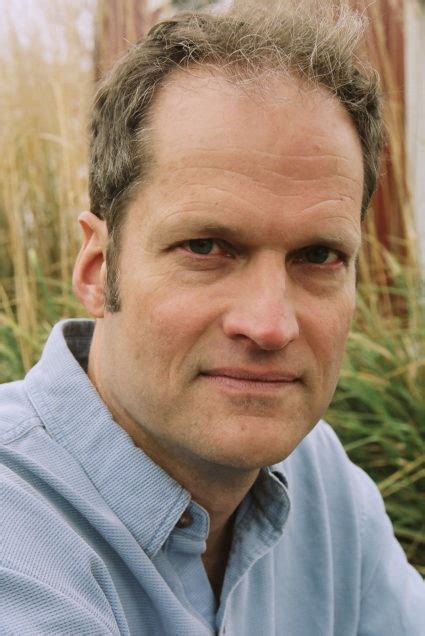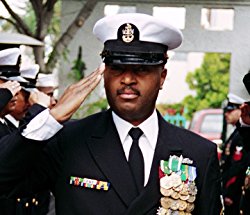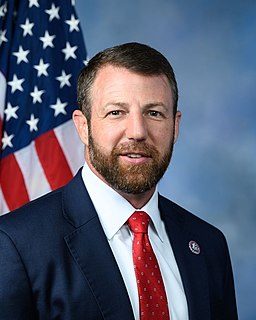A Quote by Stephen Prothero
At least since the first petals of the counterculture bloomed across Europe and the United States in the 1960s, it has been fashionable to affirm that all religions are beautiful and all are true...This is a lovely sentiment but it is dangerous, disrespectful, and untrue.
Related Quotes
In Africa a thing is true at first light and a lie by noon and you have no more respect for it than for the lovely, perfect wood-fringed lake you see across the sun-baked salt plain. You have walked across that plain in the morning and you know that no such lake is there. But now it is there absolutely true, beautiful and believable.
In the Islamic world, the U.S. is seen in two quite different ways. One view recognizes what an extraordinary country the U.S. is.The other view is of the official United States, the United States of armies and interventions. The United States that in 1953 overthrew the nationalist government of Mossadegh in Iran and brought back the shah. The United States that has been involved first in the Gulf War and then in the tremendously damaging sanctions against Iraqi civilians. The United States that is the supporter of Israel against the Palestinians.
What I consistently say to young people - I say it in the United States, but I'll say it here in Germany and across Europe: Do not take for granted our systems of government and our way of life. I think there is a tendency, because we have lived in an era that has been largely stable and peaceful, at least in advanced countries, where living standards have generally gone up, there is a tendency I think to assume that that's always the case.
The United States says "We're complying. We're following the disarmament obligation. Look at the quantitative reductions that are taking place." But, since '96, there really hasn't been progress on specific commitments that have been made. Perhaps most disturbing is this: that the United States and France in particular, since 1996, have expanded the range of circumstances under which they might use - they say they might use - nuclear weapons.
We should feel an urgency about our environment and what's been done to it by human action and inaction. I wouldn't say there's a resurgence - I think it's been with us all along, and especially since the 1960s and 1970s, but it is true that there's almost a subsection of the bookstore devoted to it now. Personally, I've been addressing these issues in my long and short fiction since the late 1980s - basically since the beginning of my career.
In Europe, you have very different situation than you do in the United States. In Europe, it's very segregated. And you have the diasporas in Belgium that I saw. And they're being radicalized because they're not assimilated with the culture. I don't think we have that same situation in the United States.


































